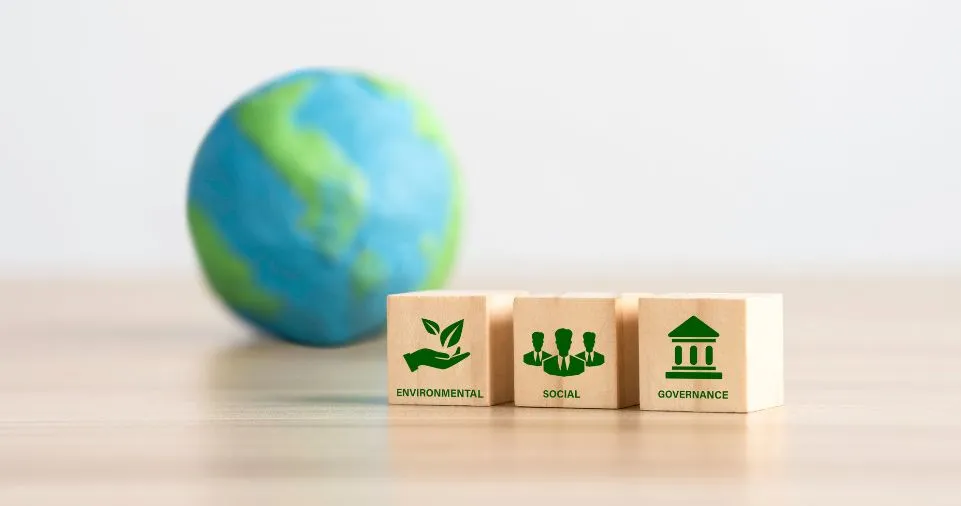Making your business more sustainable involves adopting practices that reduce environmental impact, promote social responsibility, and ensure economic viability. Here are key strategies to enhance the sustainability of your business:
1. Assess Your Current Impact
- Conduct a Sustainability Audit: Evaluate your business operations to identify areas where you can reduce waste, energy use, and emissions. This includes assessing supply chains, production processes, and office practices.
- Set Baseline Metrics: Establish baseline metrics to measure your current environmental impact, such as carbon footprint, water usage, and waste generation. These metrics will help you track progress over time.
2. Set Clear Sustainability Goals
- Define Objectives: Set specific, measurable, achievable, relevant, and time-bound (SMART) sustainability goals. These could include reducing carbon emissions, achieving zero waste, or sourcing materials responsibly.
- Align with Global Standards: Consider aligning your goals with global sustainability frameworks such as the United Nations Sustainable Development Goals (SDGs) or the Global Reporting Initiative (GRI).
3. Reduce Energy Consumption
- Energy-Efficient Equipment: Invest in energy-efficient equipment and appliances. Look for products with ENERGY STAR ratings or equivalent certifications.
- Renewable Energy: Transition to renewable energy sources such as solar, wind, or hydroelectric power. Consider installing solar panels or purchasing green energy from your utility provider.
- Optimize Lighting and HVAC Systems: Use energy-efficient lighting, such as LED bulbs, and install programmable thermostats to optimize heating and cooling systems.
4. Minimize Waste
- Reduce, Reuse, Recycle: Implement a waste management program that prioritizes reducing waste at the source, reusing materials, and recycling. Educate employees about proper waste sorting and recycling practices.
- Compost Organic Waste: Set up a composting system for organic waste, such as food scraps and yard waste. Use the compost in landscaping or donate it to local gardens.
- Eliminate Single-Use Plastics: Reduce or eliminate the use of single-use plastics in your operations. Encourage the use of reusable items and provide alternatives such as biodegradable packaging.
5. Source Materials Responsibly
- Sustainable Procurement: Source materials and products from suppliers that prioritize sustainability. Look for certifications such as Fair Trade, Rainforest Alliance, or Forest Stewardship Council (FSC).
- Local Sourcing: Whenever possible, source materials locally to reduce transportation emissions and support the local economy.
- Ethical Supply Chains: Ensure that your supply chains adhere to ethical labor practices and environmental standards. Conduct regular audits and work with suppliers to improve their sustainability practices.
6. Promote Sustainable Transportation
- Encourage Public Transit and Carpooling: Promote the use of public transportation, carpooling, and biking among employees. Offer incentives such as transit subsidies or preferred parking for carpoolers.
- Fleet Efficiency: If your business operates a fleet of vehicles, invest in fuel-efficient or electric vehicles. Regularly maintain vehicles to ensure optimal performance and fuel efficiency.
- Remote Work: Implement flexible work policies that allow employees to work remotely, reducing the need for commuting and office space.
7. Enhance Water Conservation
- Install Water-Efficient Fixtures: Use water-efficient fixtures such as low-flow toilets, faucets, and showerheads to reduce water consumption.
- Rainwater Harvesting: Implement rainwater harvesting systems to collect and reuse rainwater for non-potable purposes, such as irrigation and cooling systems.
- Monitor and Reduce Water Use: Regularly monitor water usage and identify areas for improvement. Implement practices to reduce water waste, such as fixing leaks promptly and optimizing irrigation schedules.
8. Engage Employees and Stakeholders
- Sustainability Training: Provide training and resources to employees to educate them about sustainability practices and how they can contribute to the company’s goals.
- Employee Involvement: Encourage employees to participate in sustainability initiatives and provide opportunities for them to contribute ideas and solutions.
- Stakeholder Collaboration: Engage with stakeholders, including customers, suppliers, and the local community, to promote sustainability and collaborate on initiatives that benefit all parties.
9. Measure and Report Progress
- Track Key Metrics: Regularly track and measure key sustainability metrics to monitor progress toward your goals. Use data to identify areas for improvement and make informed decisions.
- Transparency and Reporting: Communicate your sustainability efforts and progress to stakeholders through regular reports and updates. Transparency builds trust and demonstrates your commitment to sustainability.
10. Innovate for Sustainability
- Sustainable Product Design: Develop products that are designed for sustainability, with considerations for materials, manufacturing processes, and end-of-life disposal.
- Green Certifications: Pursue green certifications for your products, services, and facilities, such as LEED (Leadership in Energy and Environmental Design) or B Corp certification.
- Continuous Improvement: Stay informed about emerging sustainability trends and technologies. Continuously seek ways to innovate and improve your sustainability practices.
ALSO READ:
Conclusion
Making your business more sustainable requires a commitment to continuous improvement and a proactive approach to reducing environmental impact, promoting social responsibility, and ensuring economic viability.
By assessing your current impact, setting clear goals, and implementing sustainable practices across your operations, you can build a resilient and responsible business that benefits both people and the planet.


